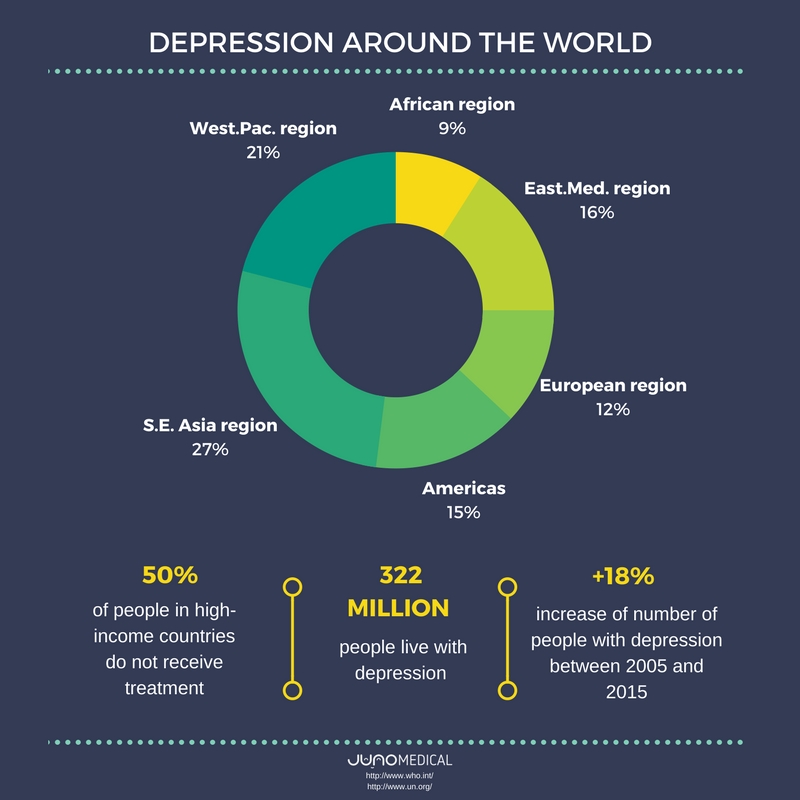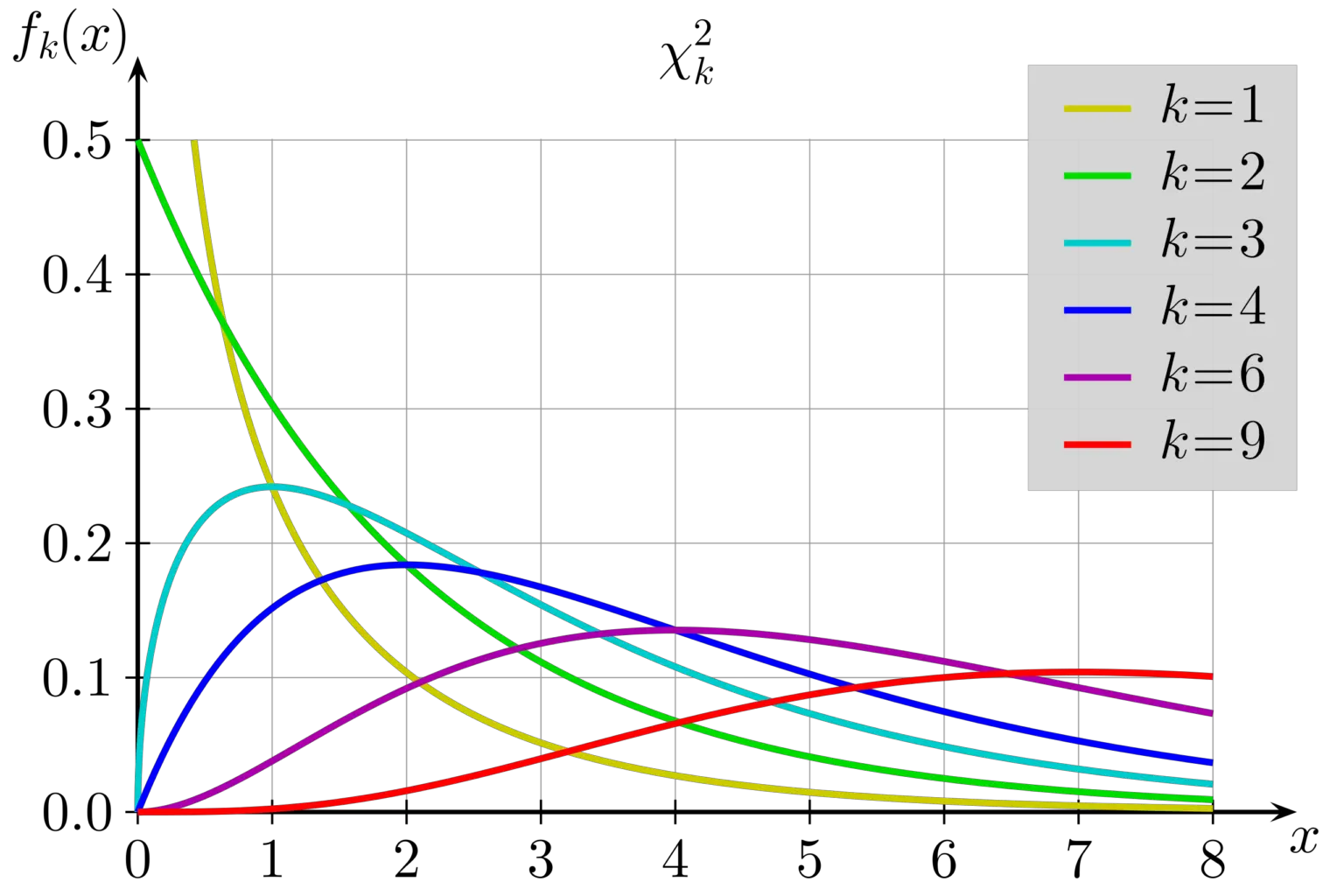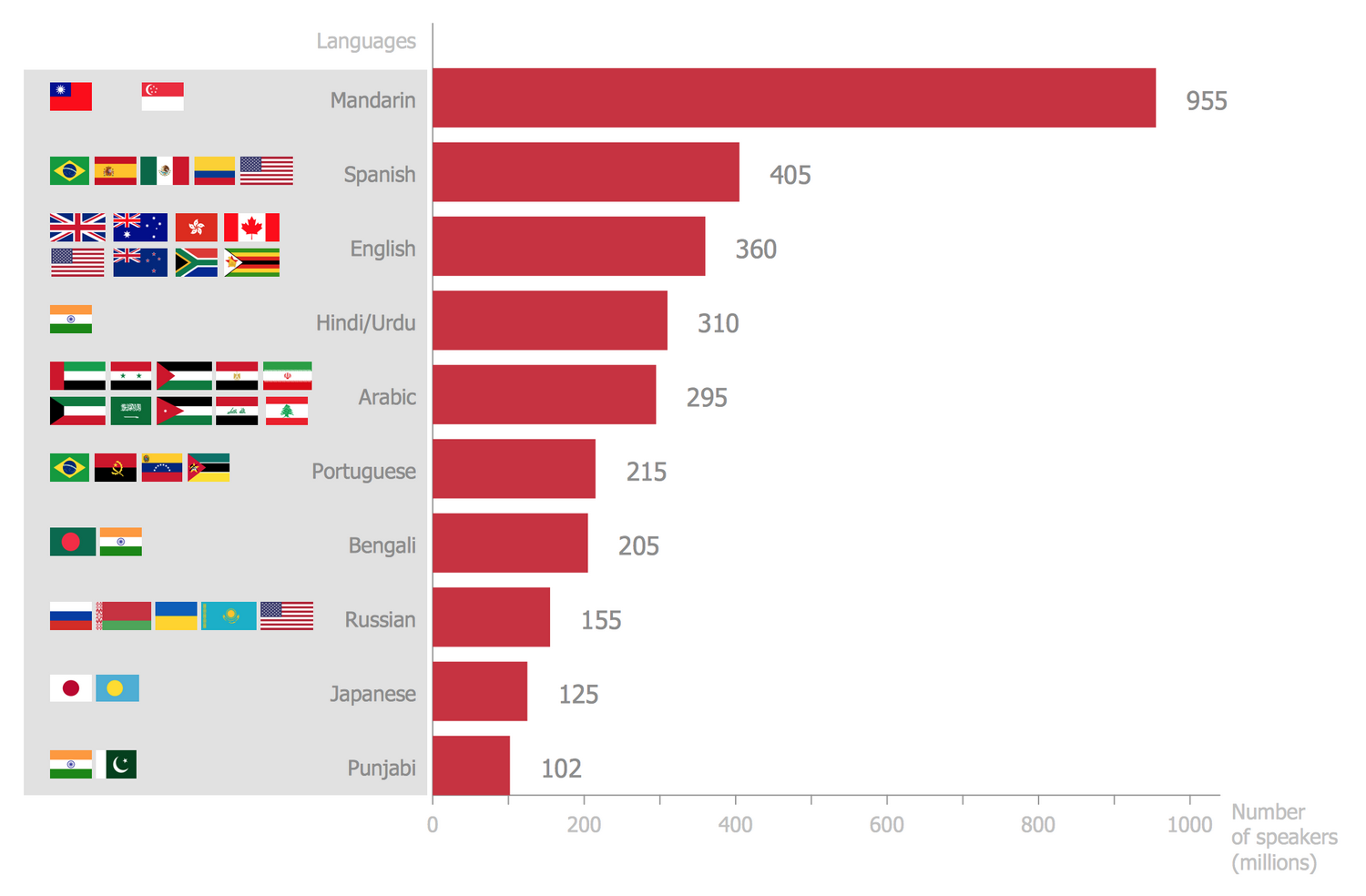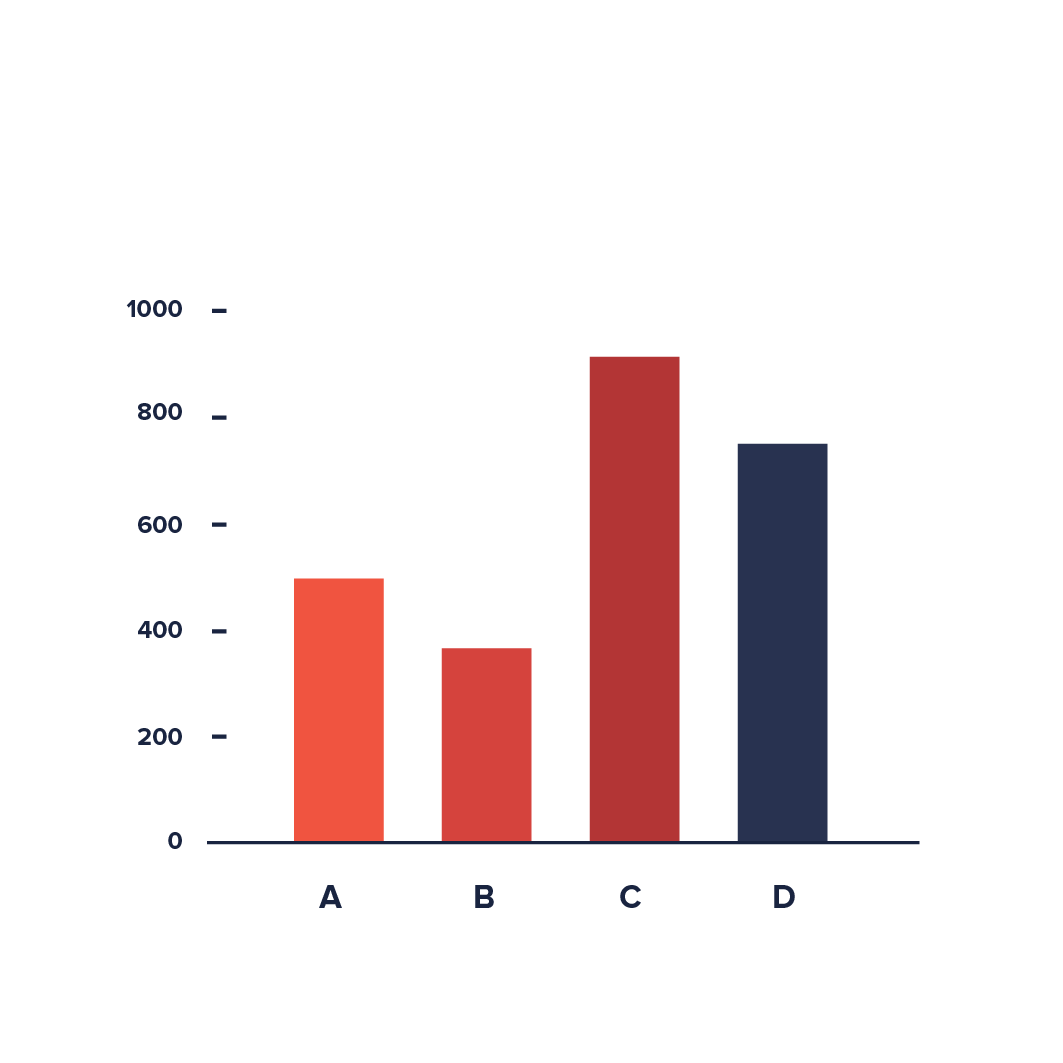Toxic testing on animals
Table of Contents
Table of Contents
Animal testing has always been a controversial topic, and a pie chart can provide valuable insight into the extent of animal testing that takes place.
Pain Points
Many people are uncomfortable with the idea of animal testing, and feel that it is cruel and unnecessary. There are also concerns about the accuracy of animal testing, and whether the results can reliably be extrapolated to humans.
Target of Animal Testing Pie Chart
The Animal Testing Pie Chart aims to provide a visual representation of the different types of animals used in testing, and the proportion of animals used in each category. This can help to inform discussions about the ethics of animal testing, and to shed light on where efforts to reduce testing might be focused.
Summary of Animal Testing Pie Chart
The pie charts show that the vast majority of animals used in testing are rodents, with rabbits, dogs, and primates making up a much smaller proportion. The charts also reveal that the majority of animals used are used in basic research, with the proportion used for drug development and toxicity testing much smaller.
Animal Testing Pie Chart and Personal Experience
As a pet owner, I find the idea of animal testing difficult to reconcile with my love of animals. However, I also understand that there are situations where animal testing is necessary for scientific progress. The pie chart helps to put things into perspective, and shows that while animal testing is widespread, there may be opportunities to reduce the use of certain types of animals or in certain areas of research.
 Ethical Considerations of Animal Testing Pie Chart
Ethical Considerations of Animal Testing Pie Chart
At the heart of any discussion about animal testing is the question of ethics. While there are certainly situations where animal testing is necessary, it is important to consider the welfare of the animals involved, as well as the potential benefits to human health. The pie chart can help to inform this discussion, by highlighting some of the areas where reductions in animal testing may be possible.
 ### Alternatives to Animal Testing
### Alternatives to Animal Testing
While animal testing has traditionally been the gold standard for many types of research, there are also alternative methods that can be used. These include computer simulations, in vitro testing using tissue cultures, and human volunteer studies. These alternatives may be more ethical, as they do not involve the use of animals, and may also be more accurate in certain situations.
 Animal Testing Pie Chart and Public Opinion
Animal Testing Pie Chart and Public Opinion
Public opinion is an important consideration when it comes to animal testing. While there is widespread discomfort with the idea of animal testing, there is also recognition of the need to balance this with the desire for medical progress. The pie chart can help to inform these discussions, by providing an objective representation of the extent and nature of animal testing.
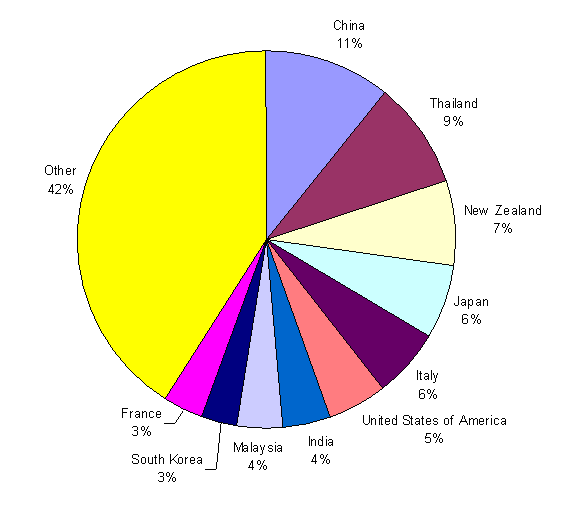 Question and Answer
Question and Answer
Q: Is animal testing always necessary?
A: While there are certainly situations where animal testing is necessary, there are also alternatives that can be used in certain situations. Researchers should strive to use the most ethical and accurate methods available, and to work towards reducing the use of animals where possible.
Q: How can I help reduce animal testing?
A: There are a number of things you can do, including supporting organizations that work to reduce animal testing, choosing to buy products that have not been tested on animals, and writing to your elected officials to express your concerns about animal testing. You might also consider volunteering for clinical trials yourself, as this can help to reduce the need for animal testing.
Q: Are there certain types of animals that are used more frequently in testing?
A: Yes, the pie chart shows that rodents are by far the most commonly used animals, making up over 95% of animals used. This is largely because rodents are small, easy to breed, and have similar physiological systems to humans.
Q: Is animal testing regulated?
A: Yes, animal testing is regulated by a number of different bodies, including the Animal Welfare Act in the United States, the European Union’s Directive on the protection of animals used for scientific purposes, and the International Council for Harmonisation of Technical Requirements for Pharmaceuticals for Human Use. These regulations aim to ensure that animal testing is carried out in the most humane and ethical way possible.
Conclusion of Animal Testing Pie Chart
While animal testing remains a controversial topic, the Animal Testing Pie Chart can provide valuable insight into the extent and nature of animal testing. By highlighting areas where reductions may be possible, the pie chart can help to inform discussions about the ethics of animal testing and to promote more ethical and accurate methods of research going forward.
Gallery
Pewaukee Economics & Finance : Animal Testing
Photo Credit by: bing.com / testing animal graph ielts economics task writing test pewaukee finance f1 visit
Why Animal Testing Is Abuse – Vox Populi

Photo Credit by: bing.com / testing animal abuse why vertebrates published types
1.1: Pie Chart Illustrating The Exposure To Animals | Download

Photo Credit by: bing.com / illustrating
Lauren Blog: Charts About Animal Testing

Photo Credit by: bing.com / testing animal charts chart pie animals experiments many countries research j2e gif lauren different
Toxic Testing On Animals | The Corrupt Ways Of Us Humans

Photo Credit by: bing.com / experiments debate

